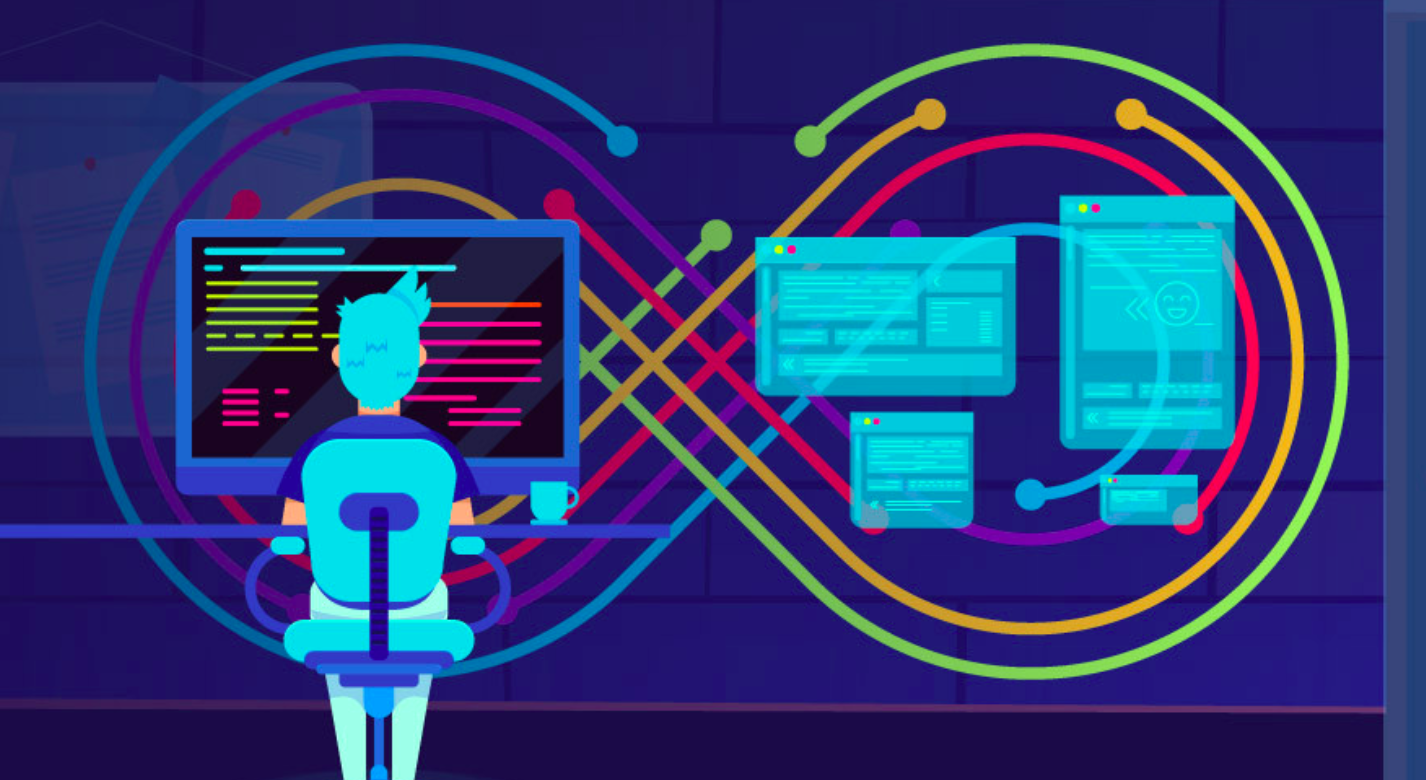05.3.2024
Top 5 IT Certifications Shaping 2024: Stay Ahead in Tech

Posted by Marbenz Antonio on February 8, 2023

The arrival of COVID-19 hastened digital transformation efforts such as cloud migration, microservices, observability, and CI/CD, providing previously stalled projects with the resources required to gain traction. After several years of substantial investment and quickening progress, CTOs and software development teams are figuring out how to deliver the enhanced time-to-market and customer experience they aimed to achieve. In 2023, DevOps in the enterprise sector will mature and expand its impact by prioritizing quality, resulting in improved time-to-market, customer satisfaction, and productivity.
Want to know more about DevOps? Visit our course now.
Over the past three years, there has been a significant increase in cloud computing, observability, and pipeline automation as businesses strive to offer innovative digital experiences to consumers. According to Gartner, spending on cloud technology alone has grown from $270 billion in 2020 to $397.5 billion in 2022. With these cutting-edge technologies in place, the attention has now shifted to implementing processes that enhance business agility and efficiency.
Faced with greater pressure to speed up delivery, companies must reexamine, modify, and in some instances, reverse decades of risk and change management practices that were established for physical experiences and slow software release cycles.
As digital interaction rises, the demand for software quality and scalability will also increase. To meet or exceed these expectations, investment in new tools and practices, such as testing and observability, will be necessary.
Economic uncertainty will drive us to search for ways to boost productivity and reduce waste, with quality practices playing a crucial role in both. Efforts will be made to detect defects at an early stage in the pipeline when they are most cost-effective to fix. The aim will be to optimize the build, integration, testing, and deployment processes to uncover any bottlenecks and sources of rework that regularly sap the productivity of many teams.
DevOps, with its focus on automation and collaboration, will link operational goals, technological investments, and enhanced software. Established frameworks such as DORA provide software development organizations with concrete methods for measuring the efficiency and efficacy of delivery pipelines. The critical metrics defined by DORA, including deployment frequency, lead time for changes, change failure rate, and time to restore service, empower teams to align on areas where they can enhance development and quality practices.
The significance of digital transformation and DevOps will continue to expand across the enterprise as CTOs assess DevOps techniques using structured evaluations like DORA. With several years of rapid digital transformation behind them, the software development industry can gradually establish a more comprehensive definition of DevOps performance. The DORA framework provides a foundation for comprehending the impact of engineering practices on customer experience and ultimately, company growth. For instance, Liberty Mutual, a company renowned for exceptional customer service, has already observed the connection between DevOps performance and business success.
Architect Justin Robinson notes in their roundtable on data-driven decision-making and DORA metrics: “For organizations, this is improved organizational performance. If we want to keep investing in great tech and serving our customers as best as possible, behaviors and practices that we can adapt to continuously get better and hit on every front here. Happier engineers, a better culture, and a better bottom line for our company.”
In 2023, a growing number of enterprises will utilize DORA to assess DevOps performance and its effect on company growth.
They’re already observing how metrics such as deployment frequency can bolster an organization’s capacity to attract and retain users. As per the 2022 Testing in DevOps Report, teams that raised deployments by 50-100% were two and a half times more probable to claim high user satisfaction. The capability to innovate while avoiding defects for users is the next challenge in DevOps’ success. Quality engineering will act as a shield for DevOps teams, allowing them to deliver new features at a faster pace and with assurance.
The Testing in DevOps Report also showed the increasing association between digital transformation, DevOps, and quality engineering. A massive 88% of teams with highly automated pipelines and well-developed DevOps practices reported high test coverage, which is linked to high customer satisfaction. Test coverage, a fundamental metric for quality assurance teams, is becoming the link between code and customers throughout the development process. Quality teams will broaden their testing methodologies to encompass more aspects of the customer experience, such as performance and accessibility. Automation, particularly automated testing integrated into CI/CD pipelines, will enable teams to adopt these additional quality considerations without hindering deployments.
In 2023, the technology industry is expected to be unpredictable, however, with the increased emphasis on digital transformation in businesses, engineering leaders will have access to the necessary data and tools to drive positive outcomes. By using the DORA framework to measure and improve DevOps maturity, organizations can maximize the benefits of their digital transformation efforts, leading to increased innovation and enhanced customer experiences. Quality engineering, through the implementation of comprehensive testing strategies that consider various aspects of the customer experience, will be crucial in supporting this progression by allowing development teams to move forward with confidence and at a faster pace.
Here at CourseMonster, we know how hard it may be to find the right time and funds for training. We provide effective training programs that enable you to select the training option that best meets the demands of your company.
For more information, please get in touch with one of our course advisers today or contact us at training@coursemonster.com
